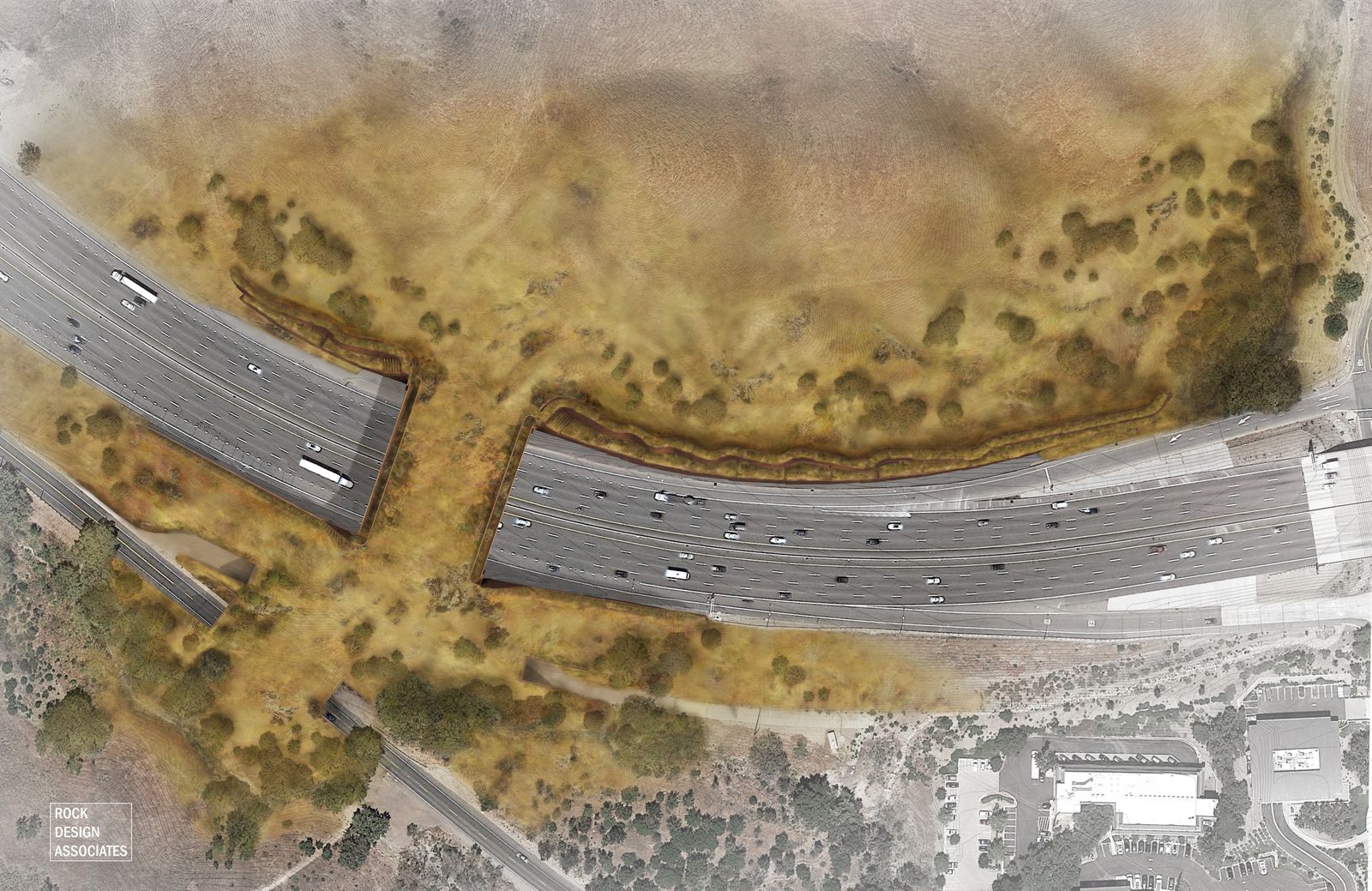Now they just need to keep making it wider and wider and eventually the road will be underground.
That just sounds like tunnels with extra steps.
Honestly, it might be cheaper than making a tunnel. I don’t know if that stays true in maintenance over time though.
Or or we could invest in public transportation and have no need for it.
I wonder if predators will camp that spot.
It’s definitely a concern. The answer seems to be to have more of them, not necessarily wider, and to make sure there is cover and protective spaces along them for smaller animals. here’s one study from Canada
the manmade crossing should provide safe passage for mountain lions, bobcats, deer, lizards, coyotes, snakes and ants
🤔
Ah yes, mountain lions and deer finally living in peace & harmony
or maybe there will be a sign posted PREDATOR/PREY SHENANIGANS PROHIBITED IN CROSSING
Having those predators captured inside a smaller area between major roads whith no safe way of getting out, puts a lot of stress on them to find food. This in turn can make them much more dangerous to humans but also other prey animals. Making a safe crossings will give the predators a chance to expand their territory to a more natural size. Similar examples can be found in India with tigers being caught inside a major road network getting really close to humans.
This comment section (not you) is full of a ton of cynics that have clearly never taken a conservation ecology course in their lives.
All hail the gigantic casserole.
R.I.P. P-22.
(Read the article)
Now we have two problems…
It’s going to be covered in more than one million native plants!? Are they counting every blade of grass? Most California grasses are non-native. If they manage to have a small patch of native plants the animals might like it too much. They’ll just hang out up there watching the cars go by.
This comment was brought to you by absolutely no knowledge whatsoever.
Native plants generally require native habitats to thrive. I have doubts that shallow soils on concrete will support a lot more than weeds. Coyote bush, and maybe a few manzanita might survive. But I don’t think millions of native plants, as was stated in the article, will be sustained by a wildlife overcrossing.







